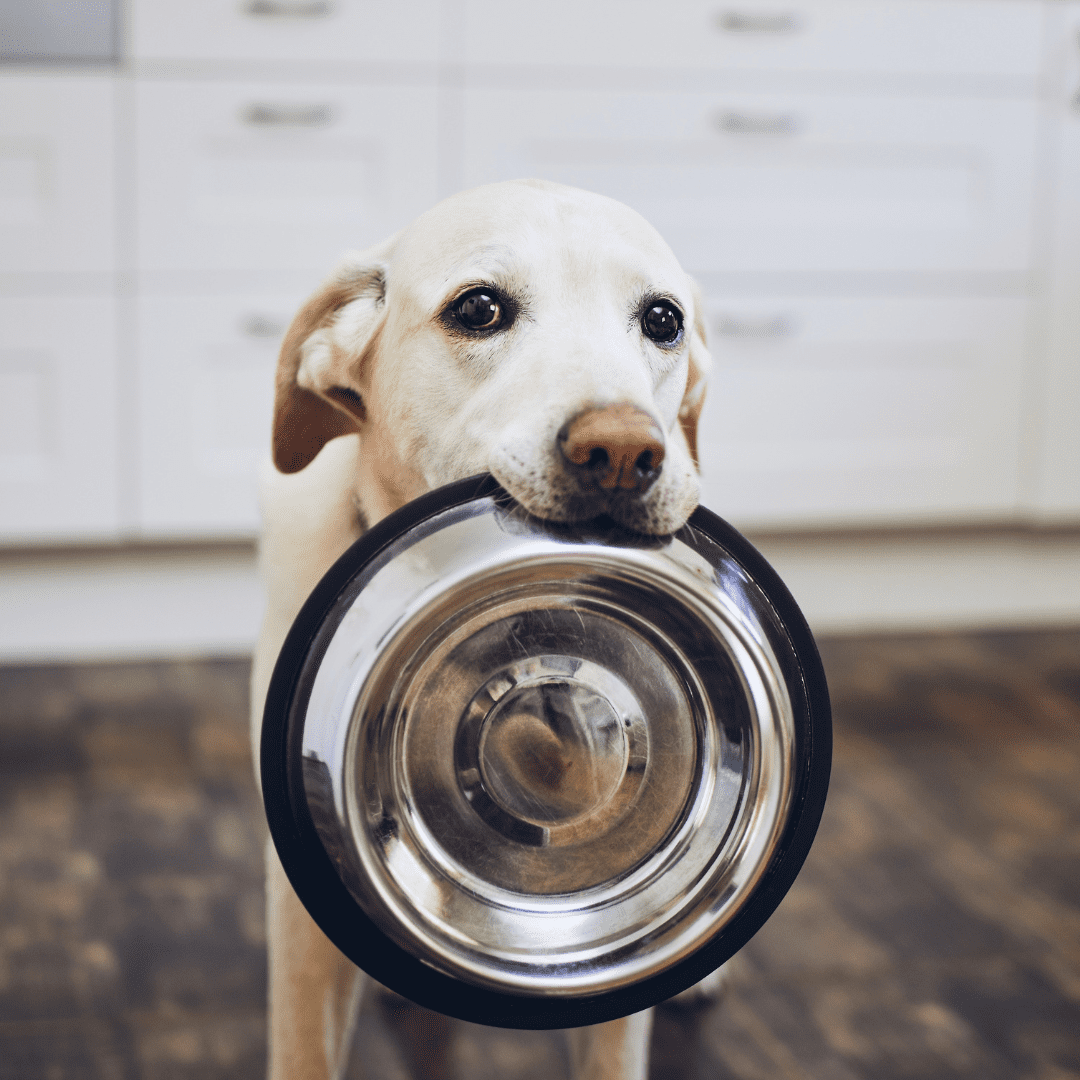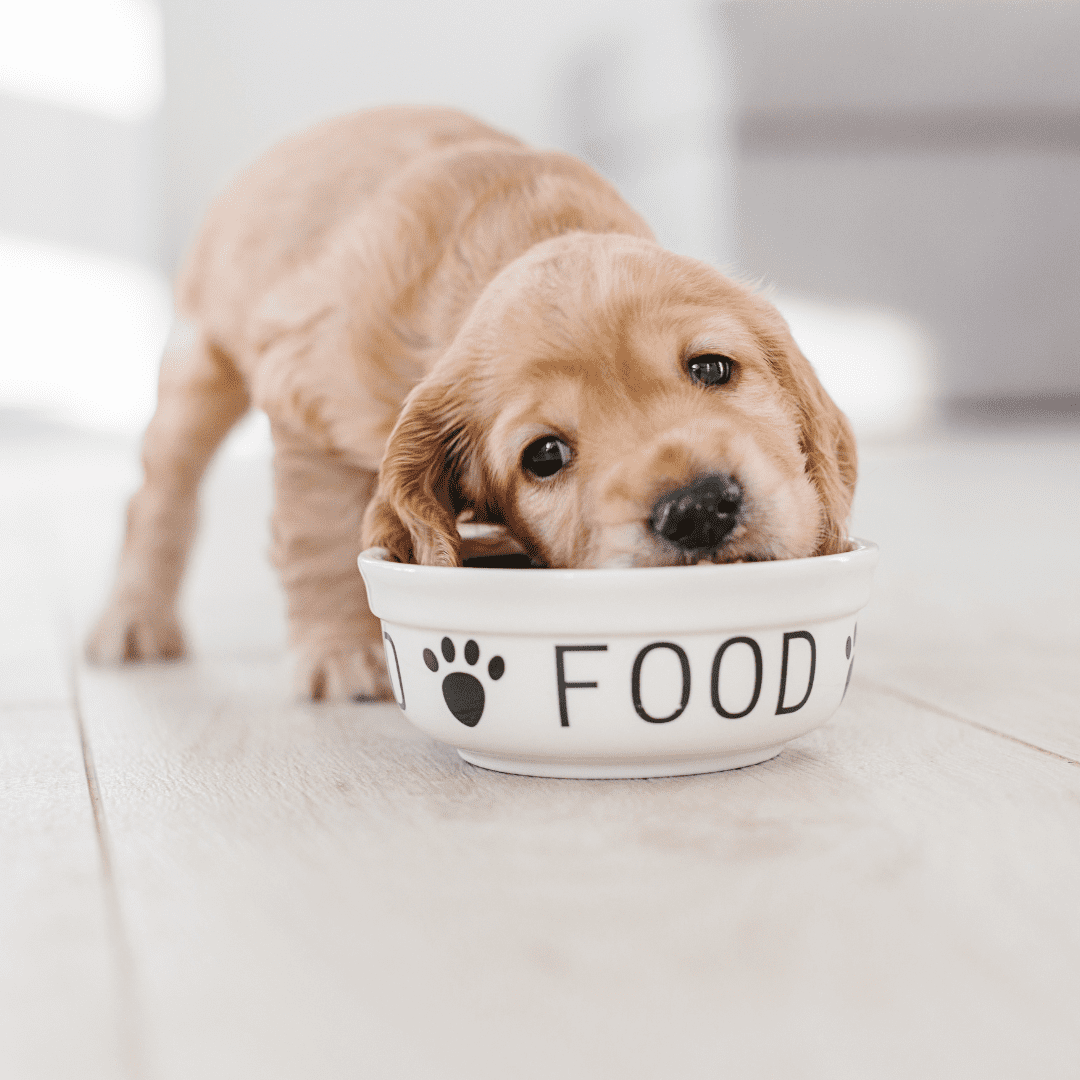Introduction
Diet is one of the most important pillars of your dog's health and well-being. Just like humans, dogs need a balanced diet to stay fit, active and prevent disease. In this article, we'll explore the key aspects of canine nutrition and how you can make sure your dog is getting the nutrients it needs for a healthy life.

1. What Nutrients Does a Dog Need?
Dogs require a combination of essential nutrients for growth, maintenance and daily energy. These include:
- Proteins: They are the main component for muscle development and tissue repair. They are found in meat, fish and some vegetables.
- Fats: They provide energy and help to keep the skin and coat in good condition. Healthy fats, such as omega-3 and omega-6 fatty acids, are essential.
- Carbohydrates: Although not a dog's main requirement, carbohydrates provide quick energy and fibre, helping digestion.
- Vitamins and Minerals: These micronutrients support the immune system and the proper functioning of organs.
2. Types of Dog Food
There are several options available when it comes to feeding your dog. Each has its advantages and disadvantages:
- Dry food (kibble): This is the most common and practical. It is usually balanced in terms of nutrients, and some even help maintain dental health.
- Wet (canned) food: Has a higher water content, making it ideal for dogs that need more hydration. It is tastier for them, but tends to be more expensive.
- Raw diets (BARF): This involves feeding dogs raw meat, bones and vegetables. Although many owners opt for this diet, it is important to balance it correctly to avoid deficiencies.
- Homemade diets: You can cook for your dog, but this should be done with veterinary advice to ensure that all nutrients are present in the right amounts.
3. How to Choose the Best Food for your Dog?
The best diet will depend on several factors such as age, size, breed, activity level and any health conditions your dog has. Here are a few tips:
- Life stage: Puppies, adults and older dogs have different nutritional needs.
- Special conditions: If your dog has problems such as allergies, obesity or kidney disease, it is important to follow a diet formulated specifically for his condition.
- Preferences: Some dogs are picky eaters, so you may need to try different brands or types of food until you find the right one.
4. Foods Dogs Should Avoid
Some foods that are safe for humans can be toxic to dogs. Among the most common are:
- Chocolat
- Onion and garlic
- Grapes and raisins
- Xylitol (sweetener)
- Caffeine and alcohol
It is vital that you ensure that your dog never has access to these foods.

5. Hydration: A Crucial Factor
In addition to good nutrition, hydration is essential. Make sure your dog always has fresh water available, especially if you feed dry kibble or if he is very active.
Conclusion
Providing a balanced and appropriate diet is key to your dog's long and healthy life. By choosing the best food, you are not only improving their quality of life, but also preventing long-term health problems. Consult with your vet to adapt your dog's diet to his specific needs, and remember that good nutrition is the foundation of a happy, healthy dog.
